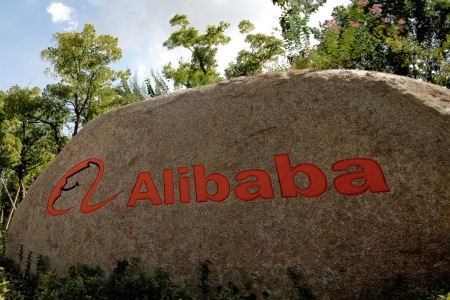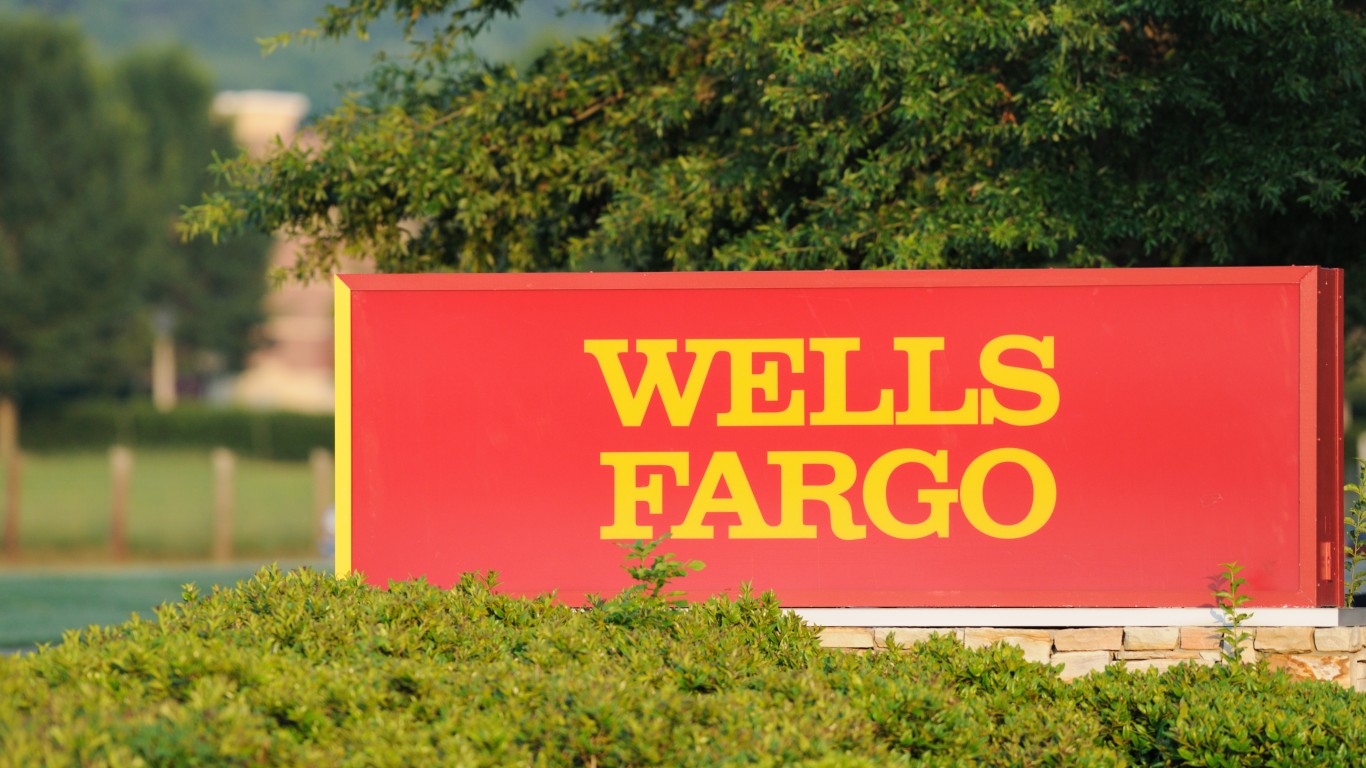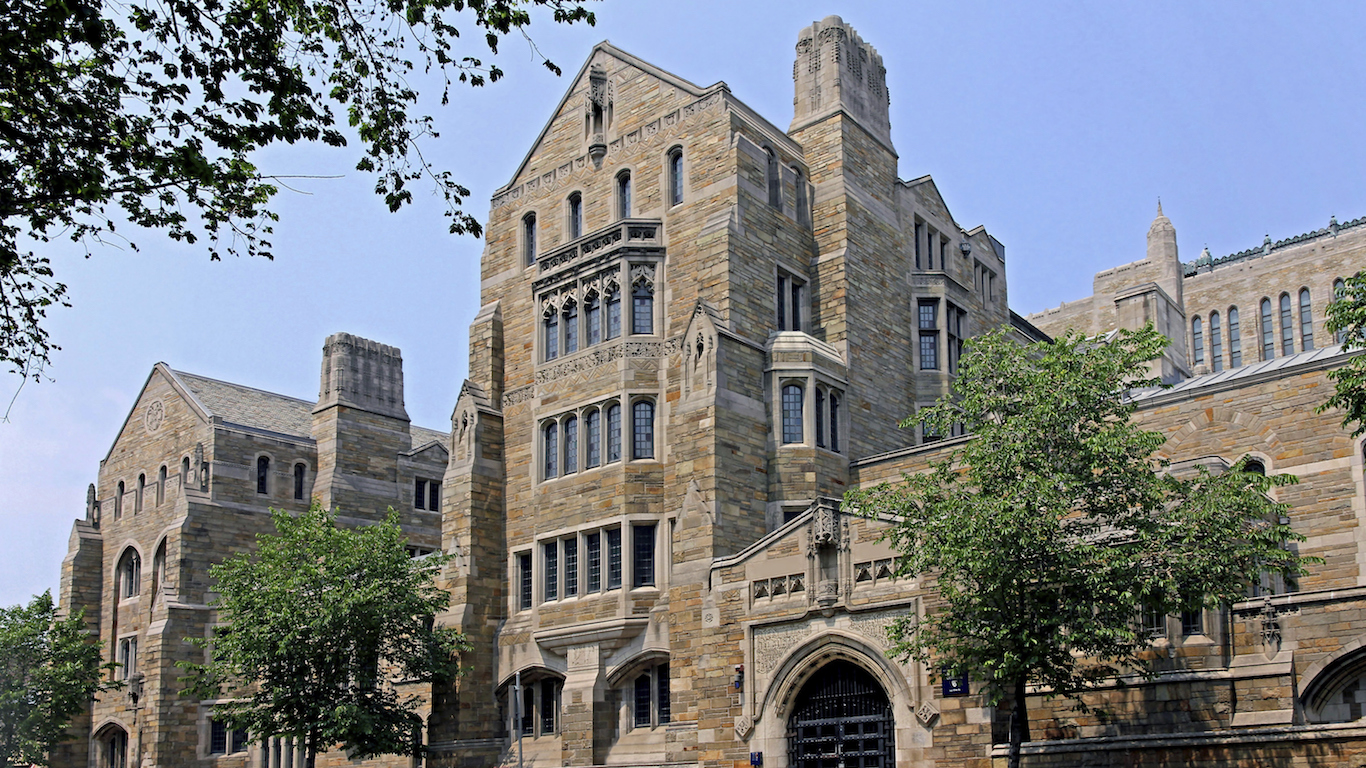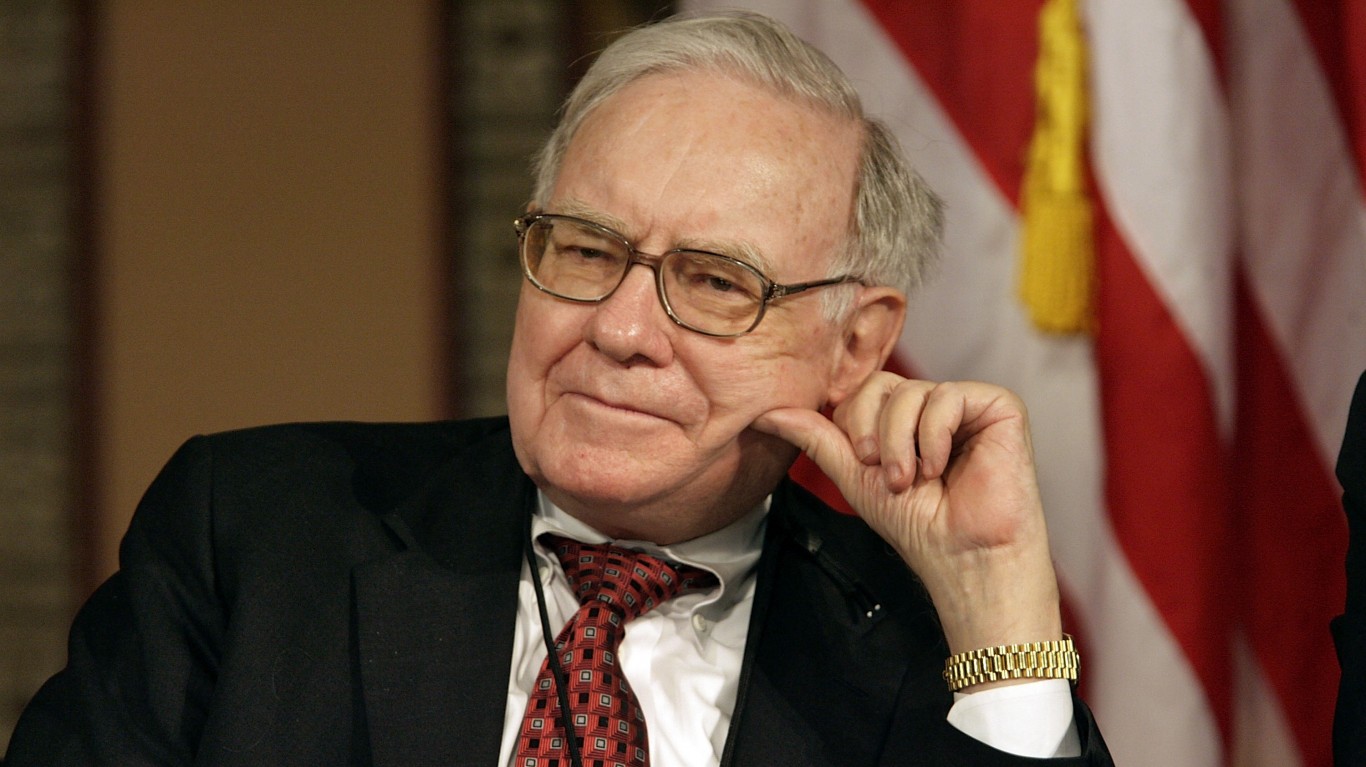Sometimes what was thought to be a good idea at the time just feels rotten after the fact. Blowing a few thousand dollars on a single bet in Vegas feels like that, even if you knew ahead of time that the odds are always against you. Or maybe this is getting suckered into believing that China’s strong growth was endless. Alibaba Group Holding Ltd. (NYSE: BABA) was supposed to be the next best thing since sliced bread for investors. After all, it was touted as ‘the Amazon from China.’
The problem is that Alibaba’s earnings report was less than spectacular, and Alibaba has a history of mixed earnings reactions now. Also, the company faced immediate criticism for announcing a $4 billion share buyback less than a year after coming public. Then there was a less than exciting CEO media appearance after earnings. All in all, the less robust report took shares to a post-IPO low before they recovered.
24/7 Wall St. tracks many analyst calls each day. The Alibaba analysts have surprisingly maintained their Buy or Outperform ratings here. Still, they probably don’t want to have to answer for creating larger upgrades and big upside targets when Alibaba was nearing $100 and went over it only to cut their ratings at post-IPO lows in the low $70’s. This stock was also sliding handily ahead of the earnings report. Even in February, we asked if Alibaba had tricked analysts after seeing their price target cuts then. Last November, analysts were stepping all over each other for higher price targets.
The trend that has been seen in the 36 hours after Alibaba’s report was almost universal price target cuts. The actual number of formal downgrades was low, but some of these upside analyst price targets feel artificially high here when you consider that the sentiment on Alibaba has soured so much.
Wells Fargo maintained its Outperform rating, but the firm lowered its valuation range down to $95.00 to $97.00 from $108.00 to $111.00. The gross merchandise value growth of 34% was a disappointment and was below the street estimate of 38%. Wells Fargo sees risks as low mobile monetization rates, more U.S. and Chinese competition, risks in reaching higher growth on top of already high penetration levels in China, and an overall country risk.
BofA Merrill Lynch maintained its Buy rating, but its price objective was cut to $100 from $107 in its call. While it raised its earnings estimates, the firm noted — we think the positive impact will be largely offset by the mix shift to mobile in the coming two years, during which PC will still have higher monetization rates but represent a decreasing portion of business.
S&P Capital IQ also maintained its Strong Buy rating, but it lowered its 12-month target to $97 from $116 based on a revised peer analysis. This group said that it lowered 2016 and 2016 EPS targets, noting that the online lottery business suspension and the transfer of the loan business to an affiliate in February – even if there is a compelling pairing of growth and value.
Wedbush Securities was far more cautious, actually downgrading its formal coverage rating to Neutral from Outperform on Wednesday – and slashing the price target down to $80 from $115.
ALSO READ: 10 Stocks to Own for the Next Decade
24/7 Wall St. has created a montage of all the analyst reports and summaries it has seen on Alibaba to document
These are some of the additional downgrades and target reductions seen from other firms on Wednesday and Thursday about Alibaba (in alphabetic order):
- Axiom Capital maintained its Buy rating, but it cut its price target down to $90.
- Barclays maintained an Overweight rating, but lowered its price target to $90 from $97.
- Brean Capital maintained its Buy rating, but it cut the target price to $92 from $97.
- Credit Suisse maintained its Outperform rating but cut the price target to $105 from $114.
- Evercore ISI maintained its Buy rating, but cut the price target to $95 from $101.
- HSBC maintained its Buy rating, but lowered its target price down to $117 from $124.
- Jefferies maintained its Buy rating, but lowered the price target down to $89 from $98.
- Pacific Crest maintained its Overweight rating, while cutting its target price to $94 from $104.
- Raymond James maintained its Outperform rating, but it cut the target price down to $87 from $109.
- RBC Capital Markets maintained its Outperform rating, but lowered the price target to $91 from $105.
One analyst did stick to his guns here on China’s leading ecommerce site. Oppenheimer’s Jason Helfstein maintained his Outperform rating and the $105 price target. Helfstein said:
Alibaba reported mixed FY1Q results. Revenue missed on the lottery impact, which caused gross margins to miss, as Opex was lower than expected. However, lottery will be an overhang for the next two quarters. The quarter’s highlights include: 1) Tmall GMV growth remained encouraging, while Taobao compromised on supporting Tmall during the mid-year promotion; 2) mobile GMV grew 125% y/y, and mobile ecommerce revenue surpassed PC for the fist time; 3) blended take-rate was compressed by PC, while mobile monetization showed clear improvement and approached 84% of PC, up from 66% last qrtr; 4) while GM missed on lottery impact, net margins beat on less Opex and lower taxes; LT EBITDA margin target of high-50s unchanged; 5) investment in Suning is aimed at enhancing user experience and offline services.
Morningstar has a Buy rating and a $90 fair value estimate. Its report said:
Based on a moderate reduction to our near-term top-line and margin assumptions, we’re planning a little more than a 5% reduction to our $90 fair value estimate. However, we view today’s pullback as an overreaction offering a potential entry point for long-term investors who can withstand near-term volatility amid China uncertainty.
If you want some longer-term history here on how analysts have viewed Alibaba, this is a bird’s eye view on how Alibaba’s analysts covered it initially after the quiet period expired.
Where the Alibaba story starts to get real interesting is that the market’s post-China hangover has tried to stabilize. That also means that Alibaba had some support as well, and Alibaba’s $68 IPO price from late in 2014 has so far not come close to being breached.
ALSO READ: Huge Upside for AT&T After DirecTV Merger
Alibaba shares were up 3% at $75.80 in late-Thursday trading, and the post-IPO range has been $71.03 to $120.00. That low was just seen on Wednesday.
100 Million Americans Are Missing This Crucial Retirement Tool
The thought of burdening your family with a financial disaster is most Americans’ nightmare. However, recent studies show that over 100 million Americans still don’t have proper life insurance in the event they pass away.
Life insurance can bring peace of mind – ensuring your loved ones are safeguarded against unforeseen expenses and debts. With premiums often lower than expected and a variety of plans tailored to different life stages and health conditions, securing a policy is more accessible than ever.
A quick, no-obligation quote can provide valuable insight into what’s available and what might best suit your family’s needs. Life insurance is a simple step you can take today to help secure peace of mind for your loved ones tomorrow.
Click here to learn how to get a quote in just a few minutes.
Thank you for reading! Have some feedback for us?
Contact the 24/7 Wall St. editorial team.





